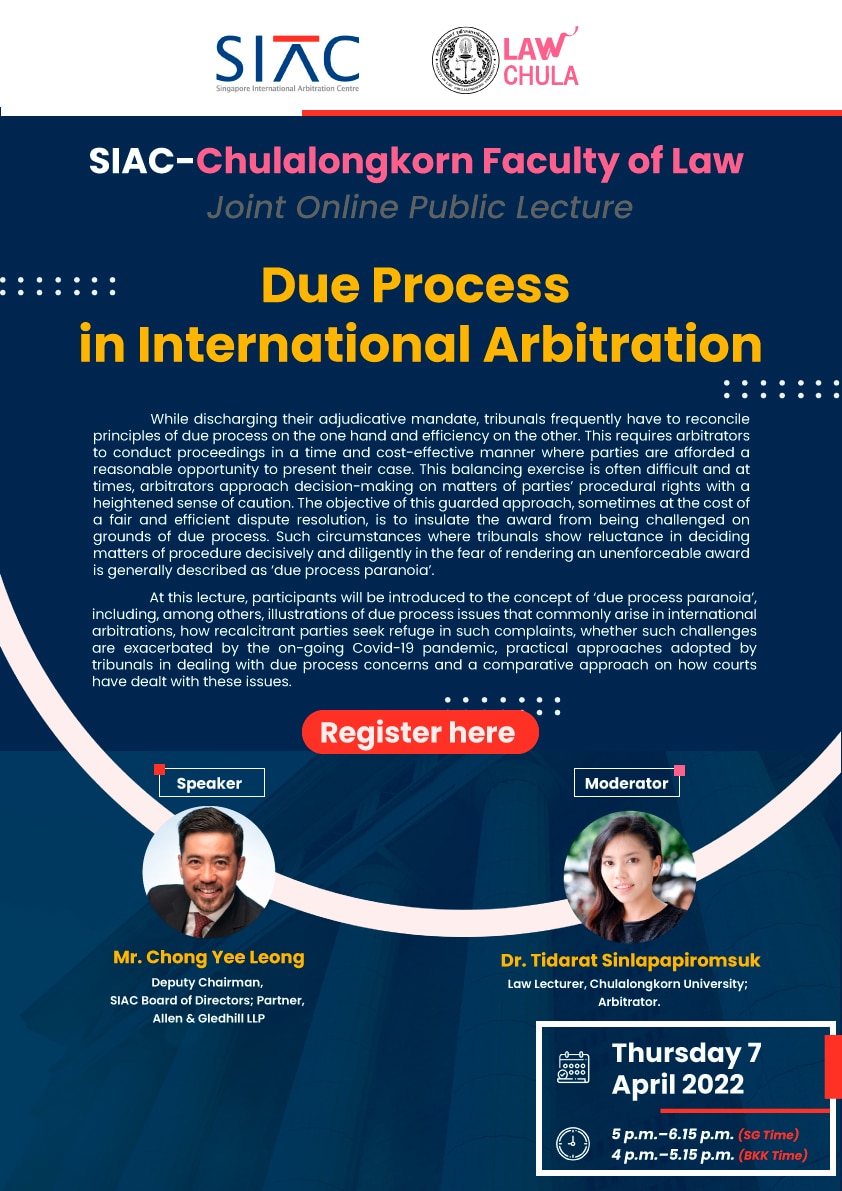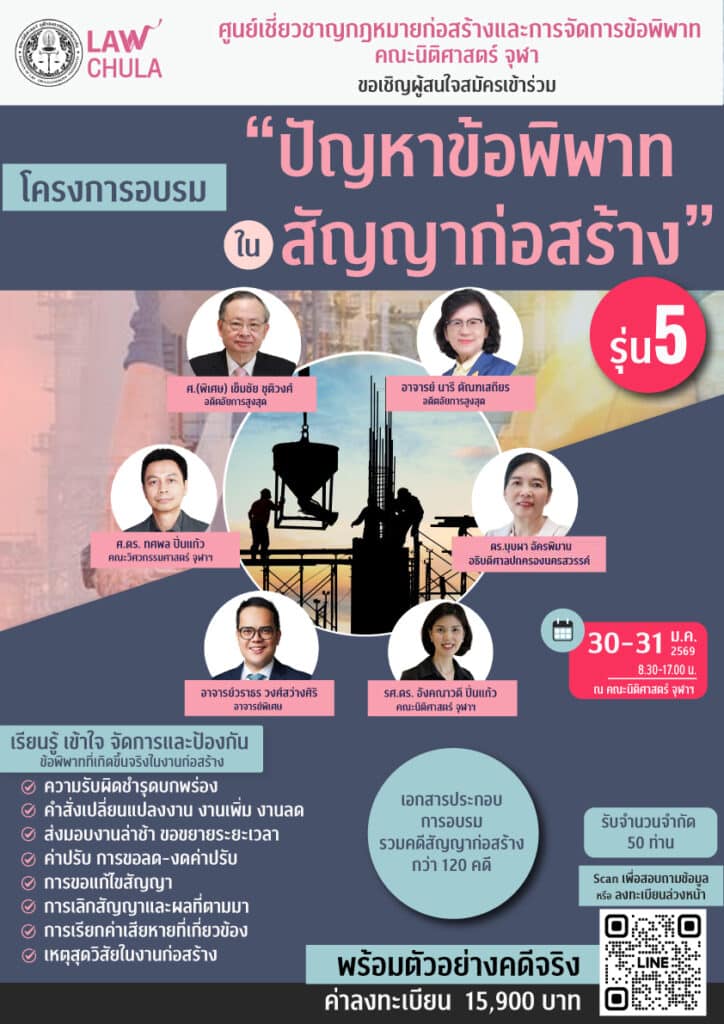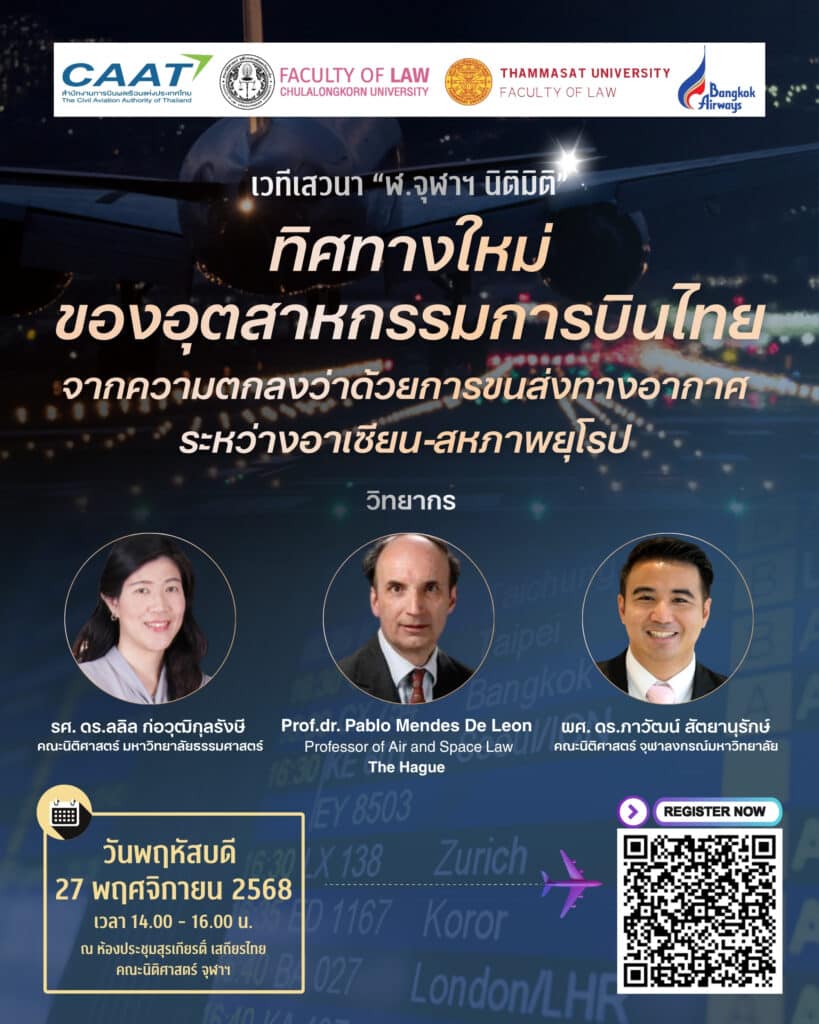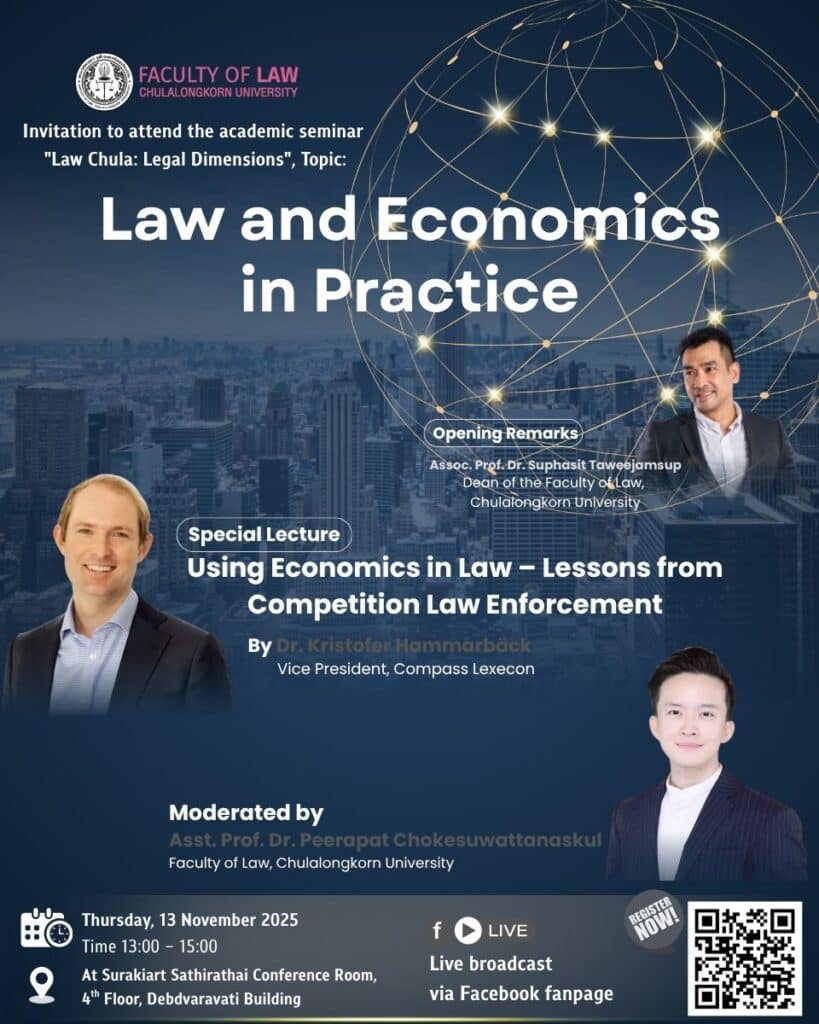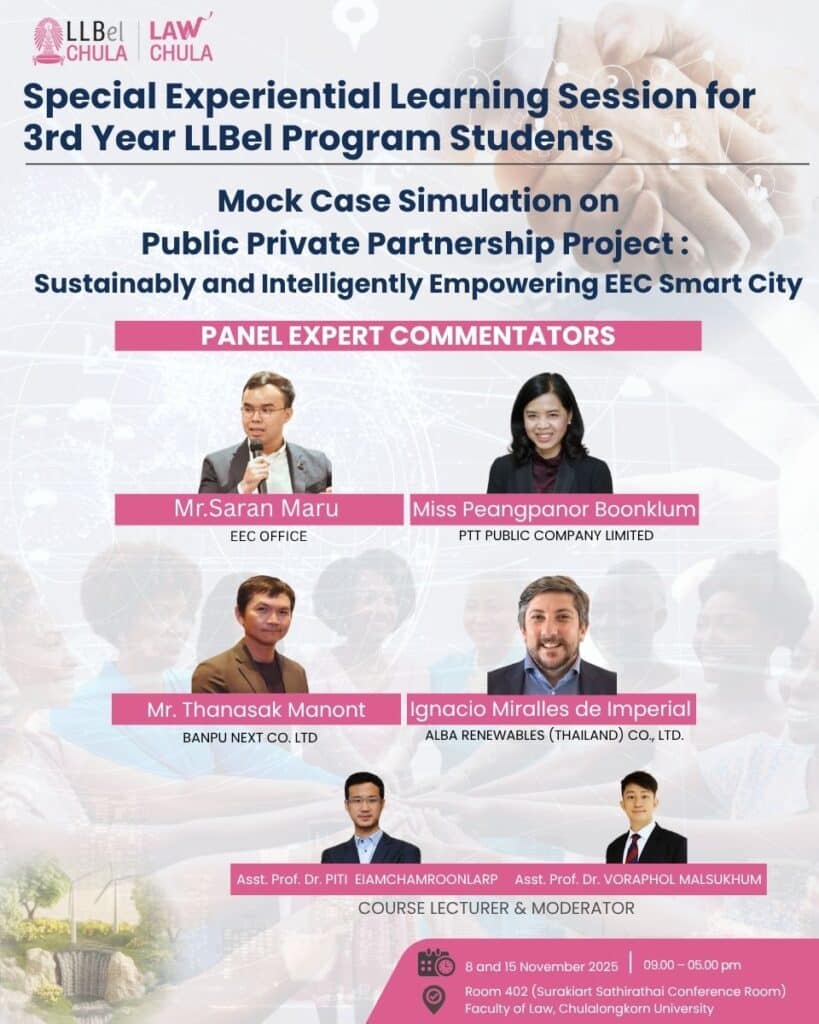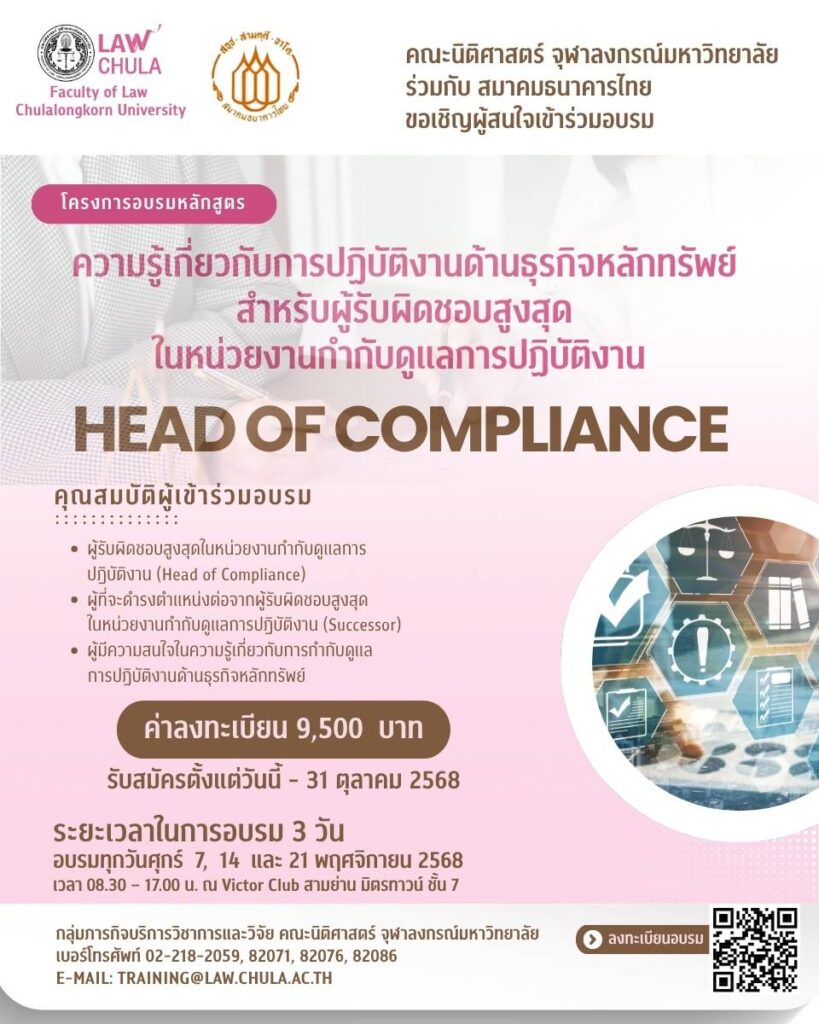While discharging their adjudicative mandate, tribunals frequently have to reconcile principles of due process on the one hand and efficiency on the other. This requires arbitrators to conduct proceedings in a time and cost effective manner where parties are afforded a reasonable opportunity to present their case. This balancing exercise is often difficult and at times, arbitrators approach decision-making on matters of parties’ procedural rights with a heightened sense of caution. The objective of this guarded approach, sometimes at the cost of a fair and efficient dispute resolution, is to insulate the award from being challenged on grounds of due process. Such circumstances where tribunals show reluctance in deciding matters of procedure decisively and diligently in the fear of rendering an unenforceable award is generally described as ‘due process paranoia’.
At this lecture, participants will be introduced to the concept of ‘due process paranoia’, including, among others, illustrations of due process issues that commonly arise in international arbitrations, how recalcitrant parties seek refuge in such complaints, whether such challenges are exacerbated by the on-going Covid-19 pandemic, practical approaches adopted by tribunals in dealing with due process concerns and a comparative approach on how courts have dealt with these issues.

